Four Essential Best Practices for CNG Transit Fleets
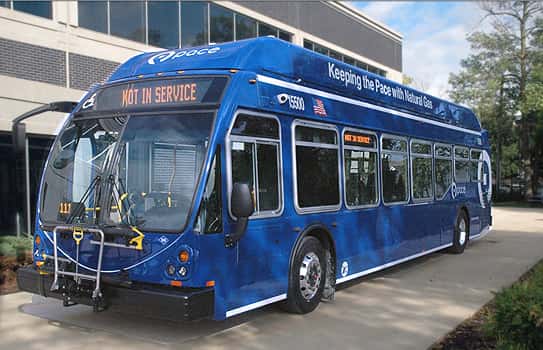
Transit agencies are one of the most active adopters of natural gas vehicles, due to the favorable economics and unparalleled environmental benefits of natural gas. There are nearly 20,000 natural gas buses on U.S. roads, and about 35% of new transit buses are powered by CNG. Since transit buses routinely operate in more densely populated […]
Pressure Relief Device (PRD) Leak
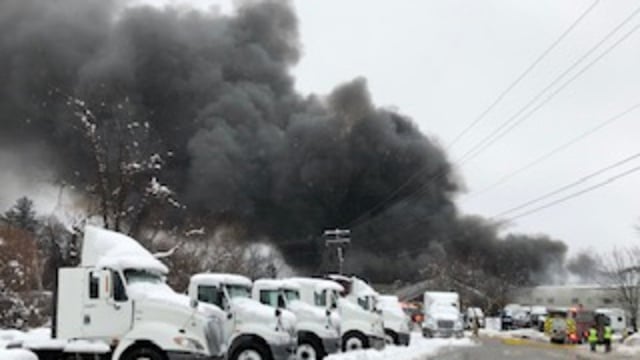
November 2018 – Colchester, VT: A frozen PRD failed after the vehicle was brought into a maintenance facility where the PRD thawed, resulting in a leak and subsequent fire when the leaking gas found an open ignition source in the heating system. This information is being provided as a courtesy of NGVi and does […]
CNG Cylinder Rupture and Fire
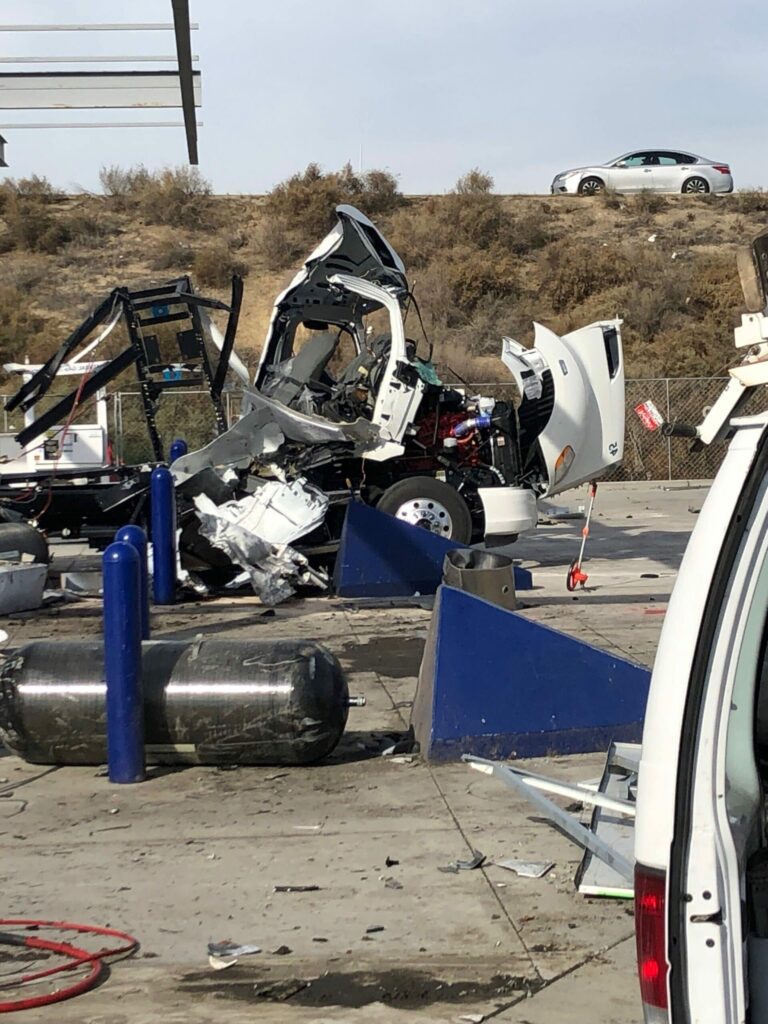
December 2018 – Bakersfield, CA: During fueling of a CNG truck, one or more cylinders ruptured, destroying both the truck and the CNG station. The truck driver was also seriously injured. This information is being provided as a courtesy of NGVi and does not replace in-depth training or constitute legal advice of any kind. […]
Defective CNG Cylinder Valve

November 2018 – Mankato, MN: A manual cylinder valve manufactured by Luxfer failed while being opened, resulting in a gas leak, building evacuation, and finally an explosion when the leaking gas found an open ignition source in the heating system. This information is being provided as a courtesy of NGVi and does not replace in-depth […]
Reduce Fleet Downtime: Understanding CNG Ignition Systems
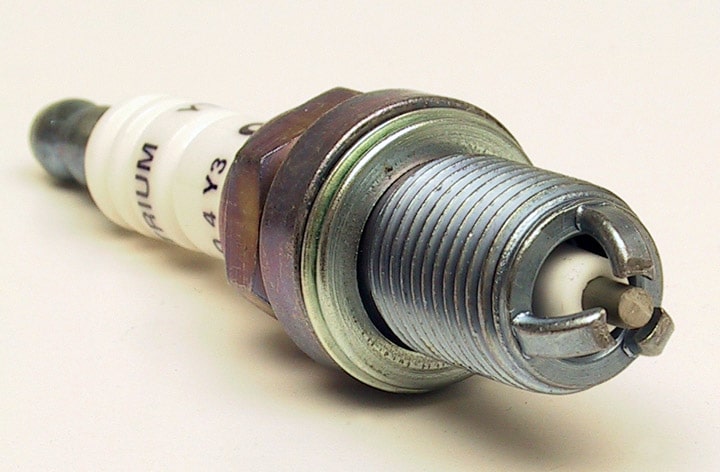
By Kasia McBride, Marketing Manager, NGVi Natural gas engines differ significantly from their diesel counterparts, and technicians who maintain them must have a full understanding of their operation and specific diagnostic parameters. Perhaps the most prominent difference these technicians must deal with is the fact that natural gas fuel ignites via spark ignition–not compression ignition, […]
New Technology From Parker Tube Fittings Takes ORFS Fittings to the Xtreme
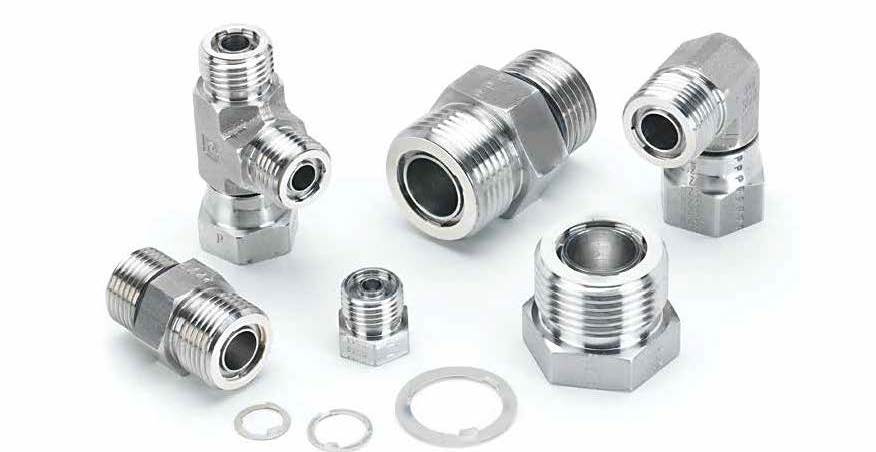
By Ted Amling, Sr. Project Engineer, Parker Hannifin Corporation, Tube Fittings Division Effectively sealing fluids and gases at extreme temperatures is always a challenge, due either to the temperatures, chemical compatibility, limited connection options or space. Finding reliable connections for extreme cold, such as LNG systems, or extreme heat, such as fuel gas lines on […]
How to Minimize Costly ($42,000?) Oil Carryover Problems in Heavy-Duty Natural Gas Engines
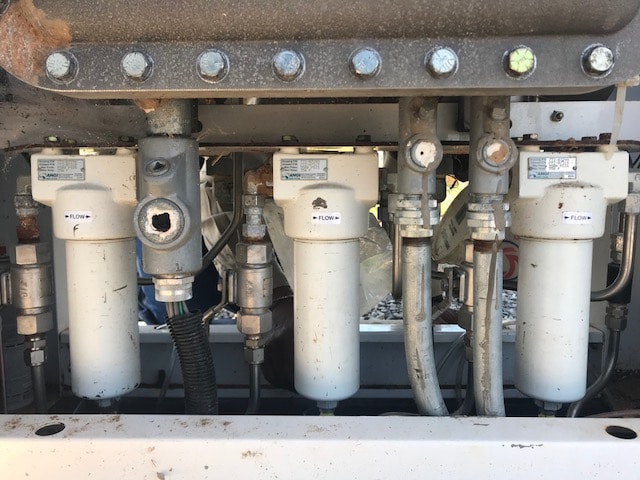
By Annalloyd Thomason, Vice President/General Manager, NGVi They are the most common performance complaints for heavy-duty natural gas vehicles: Hard to start Idles rough Hesitates under acceleration Low power Sometimes stalls The most common culprit? Oil contamination in the fuel. Oil contamination in heavy-duty NGVs can be hard to diagnose and even harder to remedy—especially […]
NGVi Sponsor Spotlight: CP Industries, Inc. – More Than a Century of Innovation
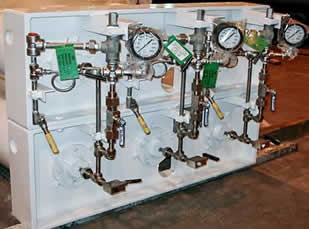
By CP Industries, Inc. 1897 When Christy Park Plant was built in 1897 on the old Penney Farm, in McKeesport, Pennsylvania, it consisted of a single main working building and one small office building. It was designed to manufacture seamless steel tubing and small compressed gas cylinders. Christy Park’s new equipment could make larger and […]
NFPA 52 Now Requires Your CNG Station to Have a Maintenance Plan

By Leo Thomason, Executive Director, NGVi Because of the unique physical properties of natural gas, the distinctive design and construction requirements of CNG fueling stations, and unique CNG station components like dryers, compressors, high-pressure storage, control systems and dispensers designed specifically to handle pressurized gas, the operation and maintenance practices for CNG stations are very different from those used […]
Handling Challenges with Today’s CNG Fuel System Inspections
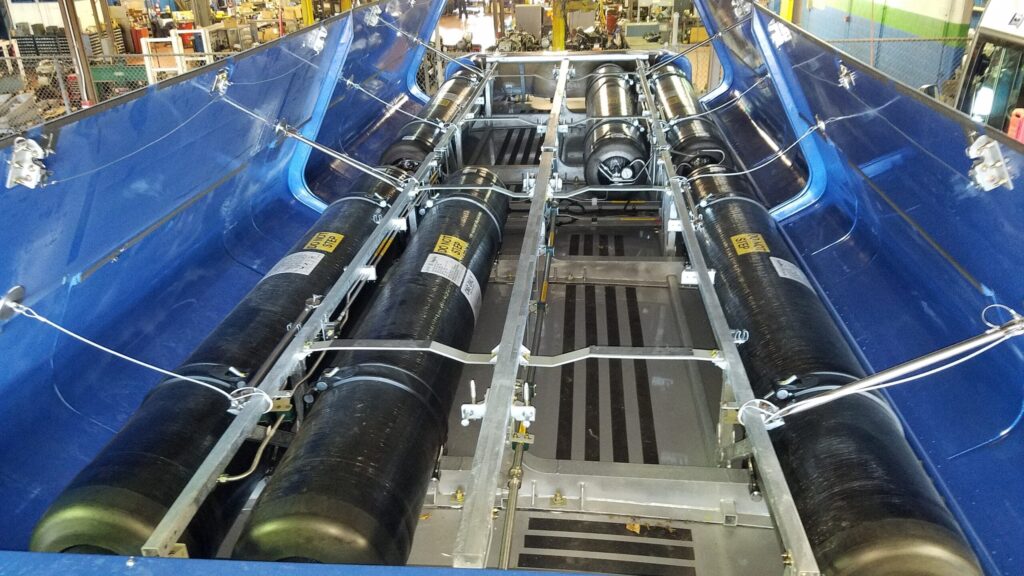
By Gordon Larsen, Senior Technical Instructor, NGVi CNG fuel systems, especially for heavy-duty natural gas vehicles, have evolved greatly over the past decade. In today’s heavy-duty trucks and buses, CNG storage cylinders are combined into modules and installed on vehicles as a unit. The systems are engineered and installed according to NFPA 52, the installation […]
